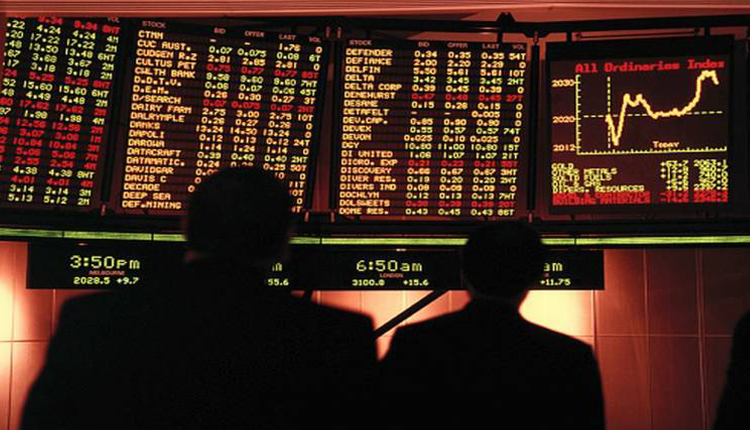Shares in the Asia-Pacific ended mostly higher on Tuesday as Australia’s central bank raised interest rates again.
Mainland China’s Shanghai Composite rose 1.36 percent to 3,243.56 and the Shenzhen Component went 1.037 percent higher at 11,799.81 after officials signaled more economic support.
Japan’s Nikkei 225 ended flat at 27,626.51, and the Topix index ended 0.11 percent lower at 1,926.58. The Japanese yen weakened sharply and notched a fresh a 24-year low. It last changed hands at 141.55 per dollar.
Hong Kong’s Hang Seng index was trading about flat in the final hour of trade.
The Kospi in South Korea grew 0.26 percent at 2,410.02 and the Kosdaq surged 1.04 percent to 779.46.
In Australia, the S&P/ASX 200 pared gains to end 0.38 percent lower at 6,826.50.
The Reserve Bank of Australia hiked rates by a half point to 2.35 percent, as expected by analysts polled by Reuters. The Australian dollar weakened and last traded at $0.6779 after the move.
MSCI’s broadest index of Asia-Pacific shares outside of Japan ended flat.
On Monday, the People’s Bank of China announced it would slash the foreign exchange reserve requirement ratio, or the amount of FX reserves that financial institutions must hold, a move aimed to improve the ability of financial institutions to use foreign exchange funds.
Starting September 15, the RRR will be 6 percent, down from 8 percent.
“This cut should help increase FX liquidity and thus lower depreciation pressure for CNY. While the actual impact on FX liquidity is small … this cut serves as a strong policy signal that the PBOC is uncomfortable with the rapid depreciation of the currency,” analysts at Goldman Sachs Economics Research wrote in a note later on Monday.
On Tuesday, the PBOC has set the yuan’s midpoint against the dollar at 6.9096, the weakest since August 25, 2020, according to Wind Information.
U.S. stock markets were closed overnight for a holiday.
